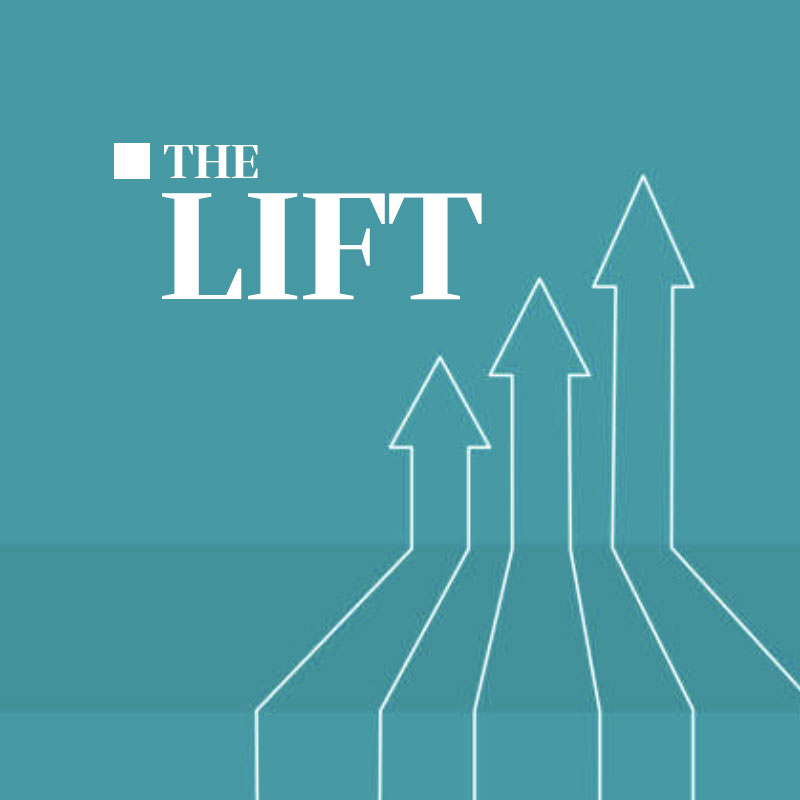Setting up regular one to ones opens important channels of communication.
At Culture Foundry, we are 100% remote. Yes, we have offices, but they are entirely optional. This means that our employees have a lot of freedom (see the benefits of being remote). But it means that the normal “water cooler” conversation doesn’t happen. (Who has water coolers nowadays?) Sure, we have slack, and use it well, but there’s a lot of context that you can pick up by being next to someone that you can’t via their typing.
Enter the one to one.
We have this meeting across the entire Culture Foundry organization. It isn’t the only standing meeting (we have a few others, like developer club), but this is my favorite. I get to chat with colleagues. Sometimes there’s some socialization (what are you doing this weekend, what did you do last weekend). Sometimes the topic is a technical issue. But it is regularly scheduled (weekly or biweekly) ‘face time’. When I am having a one to one with an engineer at Culture Foundry, the number one rule is:
It’s their meeting.
What does that mean in practice? Well, for one it means that I don’t skip the meeting. I very occasionally have asked that it be rescheduled, but usually I’m on that video call ready to talk (no, I’m not perfect, sometimes I’m a few minutes late).
However, the engineer can reschedule or cancel it. If they are knee deep in code trying to meet a deadline, or just don’t have anything to talk about, then they are well within their rights to cancel it. They can also cut it short if they’d like (typically it is thiry minutes but I’ve had them be as short as ten minutes). The engineer also controls the agenda. This isn’t a status meeting, where I get information from them (that’s what slack and trello are for!). Instead, this meeting is where they can get information from me, or share their thoughts. Sometimes the discussion is about hiring or process. Other times it is about a technical issue or troubleshooting. But they set the agenda. It’s their meeting.
Of course, sometimes I do ask questions and/or want to discuss certain topics. But that only comes up after they’ve had their chance to set the agenda. After a series of awkward one to ones, I asked engineers to come up with 3/6/12 month goals. That resonated with some folks, but not with others. Someone at a conference suggested these five questions as fodder for kicking off a conversation in a one to one. (I use these when the conversation lags, and take notes so that I have a record of an engineer’s successes and challenges over
- What’s one thing you’ve done since we last talked that you are proud of? I certainly don’t know everything that gets done at Culture Foundry and it’s great to hear someone’s accomplishments. If they didn’t do anything that they were proud of, that’s worth a conversation.
- What’s one thing you’ve done since we last talk that was challenging? Same as above, but learning about challenges can indicate areas for growth, either of the engineer or of the organization.
- What challenges do you foresee in the next few weeks? This again lets me learn from their perspective. Sometimes I can get ahead of an issue just by knowing about it (and sometimes I can’t).
- What can I do to help with these challenges? The answer to this is often “nothing” but there are times I can assist team members (maybe with a link, maybe with a connection to another team member, maybe with a screen share).
- Any feedback for me? I am always looking for feedback about how I am doing.
Not all of these questions need to be answered every time and sometimes they don’t come up at all. But they can be useful for kickstarting the conversation.
In general I find that explicitlly having these one to one meetings in my calendar solves two problems.
The first is the busyness problem, where the team is so busy that we don’t take time to communicate or reflect. Sure, 30 minutes a week of reflection isn’t a lot, but it’s a lot better than zero minutes. Plus, over the course of Tuesday (my day of one to ones) I get a chance to hear patterns in team feedback, which can help inform overall direction.
The second is the “I don’t want to bother you” problem. If an engineer has a concern and has a standing meeting with me, there’s less of an obstacle to raising that concern, as compared to scheduling a meeting to raise the issue. Of course, an engineer could use a lot of other communication channels, and some do. But everyone has a different feeling on when it is appropriate to interrupt someone else. A one to one is a scheduled interruption, and gives permission to communicate feelings and concerns that would otherwise be buried (perhaps only to surface when more urgent).
One to ones are a great way to learn about what others in your organization are feeling and and are key to Culture Foundry’s success.

